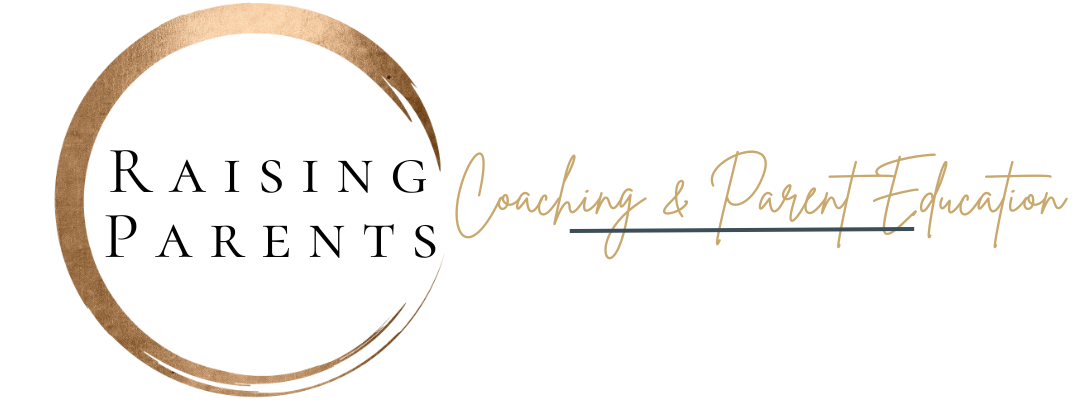
Let’s talk sibling rivalry.
Coming off the holidays, I witnessed my fair share of sibling fights and I’m guessing I am not alone here. It’s such a common struggle, yet often can be super challenging to navigate during the heat of the moment.
Something that’s been helpful for me to remember is that sibling fighting is normal and healthy. In fact, it’s actually useful behavior too.
Research shows how sibling rivalry builds emotional intelligence, boosts social skills, and helps them learn complex lessons around communication, problem-solving, impulse control and conflict resolution. So just knowing that helps lesson the trigger for me personally.
But there is a whole lot more to sibling dynamics that I learned the hard way.
Siblinghood and the intense feelings that surround it offer many opportunities for growth and understanding for both our kids and ourselves.
When my daughters got to an age where every day was a fight for what’s “fair”, I found myself acting as a constant referee. I thought I was providing fair and equal treatment, while ensuring no one got hurt. But the fighting seemed to grow and grow and I got less and less patient as an arbitrator.
I started to reflect on my own experience as a sister growing up and my expectations around what it should be like.
My brother is much younger than me, so our relationship back then wasn’t as close. I had always wanted a fairy-tale sister experience because I thought having one would mean an instant, permanent best friend.
My unconscious expectations and desires for my daughters was causing my reactivity and unfounded interjections to their fights, rather than providing space for their individual feelings and an opportunity for skill building. More on that in a minute.
I also realized how I identified more with one daughter, who is shyer and more agreeable, whereas my other daughter is much more outspoken and direct. And in this way, I was unconsciously casting one as the more powerful or “bad” one and the other as the weak or “good” one that I needed to protect.
This unconsciousness caused a laundry list of problems for both kids, not to mention how it made their rivalry much worse.
Siblings activate attachment needs and abandonment fears. In terms of attachment theory, kids are always looking to ensure how their needs will be met. It’s evolutionary hard wired in all of us for survival when we are young. The addition of a sibling sets off an alarm that there is now competition for my parents love and attention.
Taking this understanding and applying it to my above example, you can see how I was activating this fear in both kids. For the one who always felt like she was in trouble, it created even more aggression towards her sister as she sought my unconditional validation. For the other, who I gave more empathy towards, I was beginning to build assumed inadequacy and a victim mentality within her.
There are different strategies for different situations your children might be in, but here are a few key strategies to help get you started:
The key message I hope you remember from all this, is that the fighting itself is never the issue—it’s the story behind the fighting behavior, for ourselves and our kids. Our job as parents is to start to understand that story for each child. Then we can help them learn how to tolerate and regulate their feelings about it, while learning problem solving skills in the process. This will allow them to understand and build healthy relationships later in their lives.

| Cookie | Duration | Description |
|---|---|---|
| cookielawinfo-checkbox-analytics | 11 months | This cookie is set by GDPR Cookie Consent plugin. The cookie is used to store the user consent for the cookies in the category "Analytics". |
| cookielawinfo-checkbox-functional | 11 months | The cookie is set by GDPR cookie consent to record the user consent for the cookies in the category "Functional". |
| cookielawinfo-checkbox-necessary | 11 months | This cookie is set by GDPR Cookie Consent plugin. The cookies is used to store the user consent for the cookies in the category "Necessary". |
| cookielawinfo-checkbox-others | 11 months | This cookie is set by GDPR Cookie Consent plugin. The cookie is used to store the user consent for the cookies in the category "Other. |
| cookielawinfo-checkbox-performance | 11 months | This cookie is set by GDPR Cookie Consent plugin. The cookie is used to store the user consent for the cookies in the category "Performance". |
| viewed_cookie_policy | 11 months | The cookie is set by the GDPR Cookie Consent plugin and is used to store whether or not user has consented to the use of cookies. It does not store any personal data. |
